It was sad the other day to hear of the passing of that scintillating lady of stage and screen Diana Rigg. She was most famous for playing Emma Peel in The Avengers from 1965 to 1967, a mere three seasons though it changed the history of television – and perhaps even the image of women – forever.
There was something marvellous about the sheer panache with which the future Dame Diana tossed chaps over her shoulder, while being the ally of the urbane John Steed played by Patrick Macnee who always addressed her as Mrs Peel. Macnee described himself as a poor man’s Rex Harrison and although Rigg’s only appearance in My Fair Lady was as Mrs Higgins, the phonetics professor’s mother, she was a legendary Eliza Doolittle in a 1974 Pygmalion, the original Shaw play from which the magical Singspiel Cinderella story derives. That was with Alec McCowen playing Higgins and Bob Hoskins as Doolittle, the dustman Dad. They both went on to record My Fair Lady but Rigg didn’t. It’s a pity – but there’s an audio recording of her Pygmalion which is ravishing and listening to it makes you understand why Michael Billington, the London theatre critic, said it was one of the greatest things he had ever seen.
She also partnered McCowen in a staggering 1973 production of Molière’s The Misanthrope in a version by the poet Tony Harrison with rat-a-tat heroic couplets, miming those of the greatest of French comic dramatists – and with Rigg delivering them they sound like the purest music of the wisecracks of the ages. It’s also cheering that she went on to share a stage with Rex Harrison, the greatest high comedian of the age, in a very starry revival of Shaw’s Heartbreak House at the Haymarket in 1983.
Somehow in the obituaries of Diana Rigg the lustrousness of the stage career tended to get lost in talk about The Avengers and the fact that she was a James Bond girl (and 007’s wife) in the George Lazenby one, On Her Majesty’s Secret Service. Not to mention the fact that millennial youth cottoned on to her, right at the end, because of her stint in Game of Thrones.
It’s also surprising that none of the Australian obituaries mention the fact that she did Joanna Murray-Smith’s Honour in the West End. She also played Heloise to the Abelard of Australian actor Keith Michell. She did Medea in New York, winning a Tony award and in London, and she also followed in the footsteps of Australia’s Dame Judith Anderson, a legendary Medea, by playing that baleful housekeeper from hell, Mrs Danvers in Rebecca (for which Rigg won an Emmy.)
I would love to have seen her in the stage adaptation of Pedro Almodóvar’s All About My Mother which included not only an excerpt from Lorca’s Blood Wedding but a quotation from Tennessee Williams’ A Streetcar Named Desire in which she apparently, to hallucinatory effect, gave an impression of what she would have been like as Blanche 30 or more years earlier –– as if she could effortlessly take a step back into an imagined past. I saw her Cleopatra in Dryden’s All For Love at the Almeida (with the New Zealand actor James Laurenson as her Anthony) and knew I was in the presence of histrionic greatness.
It was when she was doing that historical anthology of an entertainment The Hollow Crown that I had supper with her and Derek Jacobi in some Chinese dive in Exhibition Street. Diana Rigg would have struck anyone like a comet that night. She was a woman of utterly poised beauty, dry and funny and full of a sort of sizzling intellectual energy. She wondered whether I had an edition of the 18th century diaries of Fanny Burney for an anthology she was putting together and you felt that you were in the presence of someone who was utterly certain of every word tossed or dropped from her lips. Jacobi was courtier-like and utterly mild in her presence as if in homage to her magnetism.
Diana Rigg didn’t reach the zenith of movie stardom – her stint with Elizabeth Taylor in Sondheim’s A Little Night Music bombed – but as Tom Stoppard said, she was an extraordinary trouper. She negotiated as brilliantly as anyone ever has the bridge between captivating television and the theatre, classic and modern.
What did the Romans say? May the earth lie light on her.
Got something to add? Join the discussion and comment below.
Get 10 issues for just $10
Subscribe to The Spectator Australia today for the next 10 magazine issues, plus full online access, for just $10.
You might disagree with half of it, but you’ll enjoy reading all of it. Try your first month for free, then just $2 a week for the remainder of your first year.

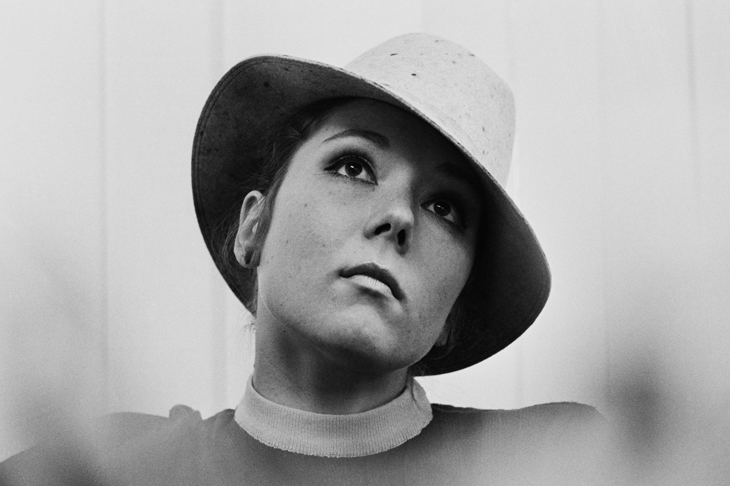
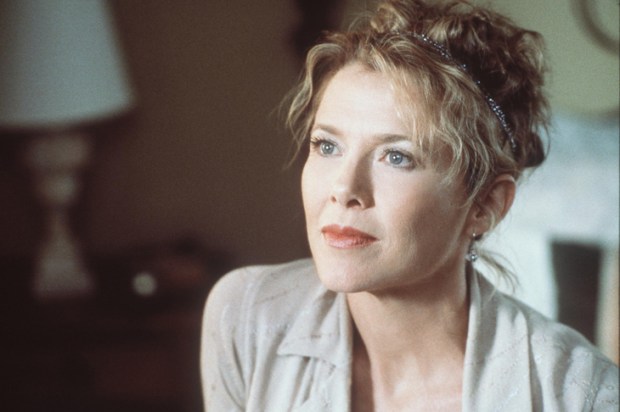
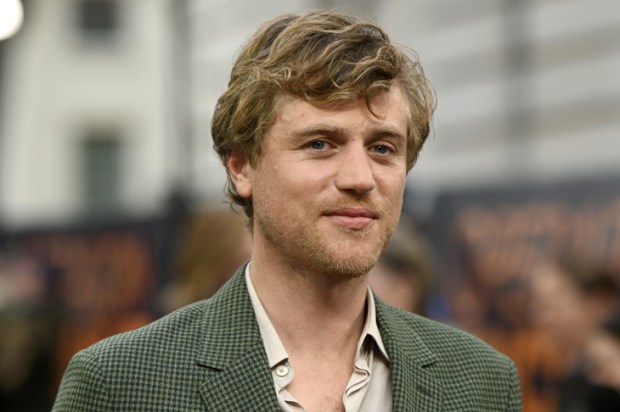
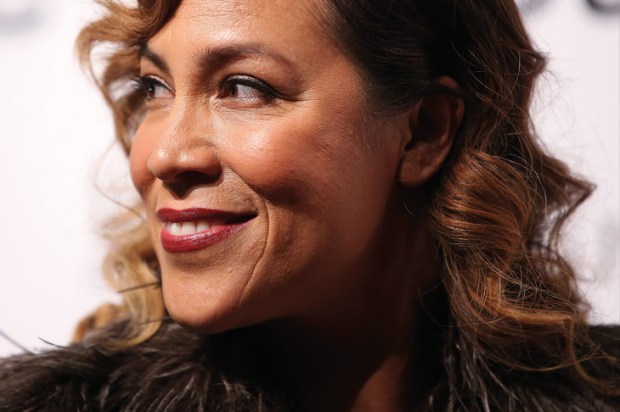
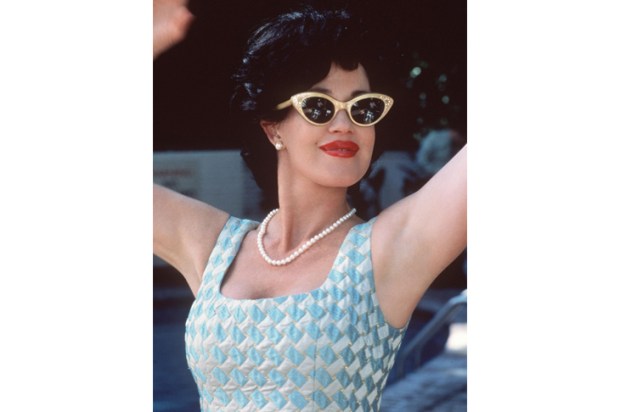
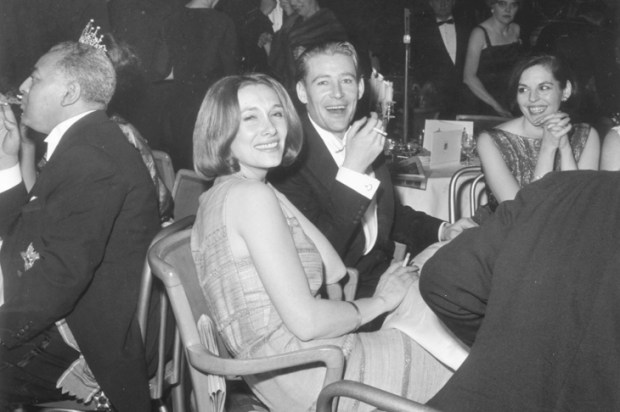
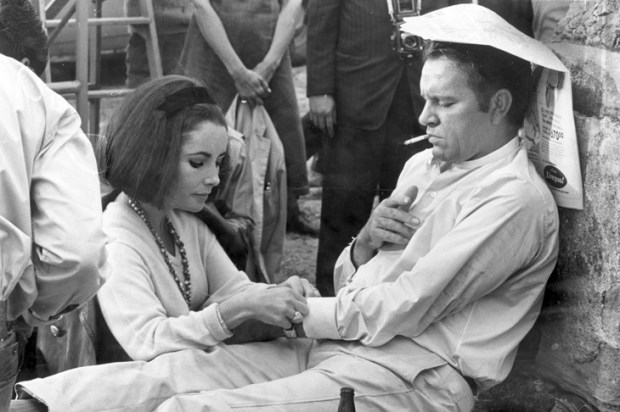






Comments
Don't miss out
Join the conversation with other Spectator Australia readers. Subscribe to leave a comment.
SUBSCRIBEAlready a subscriber? Log in